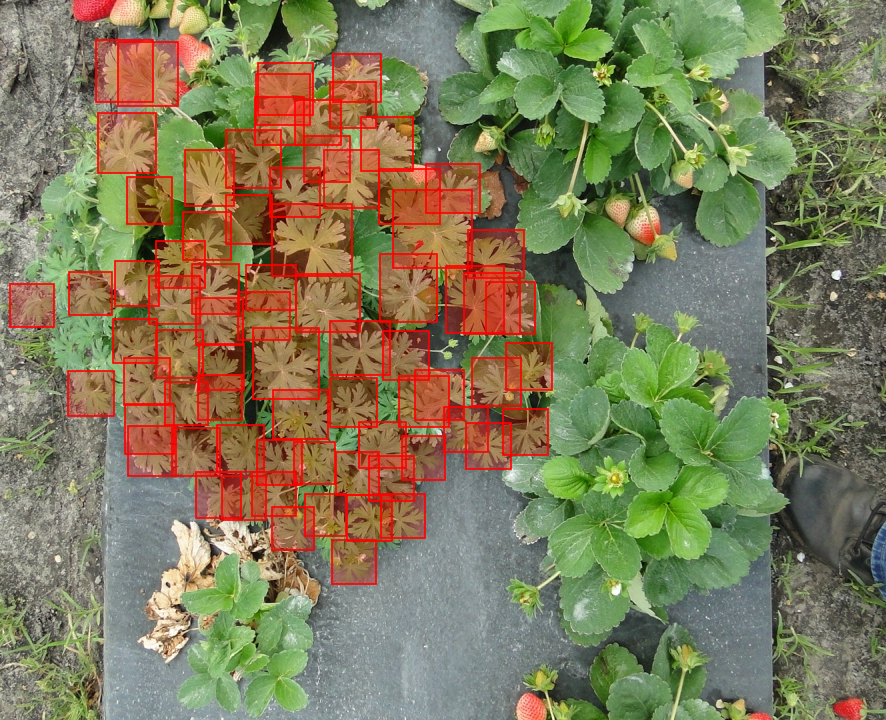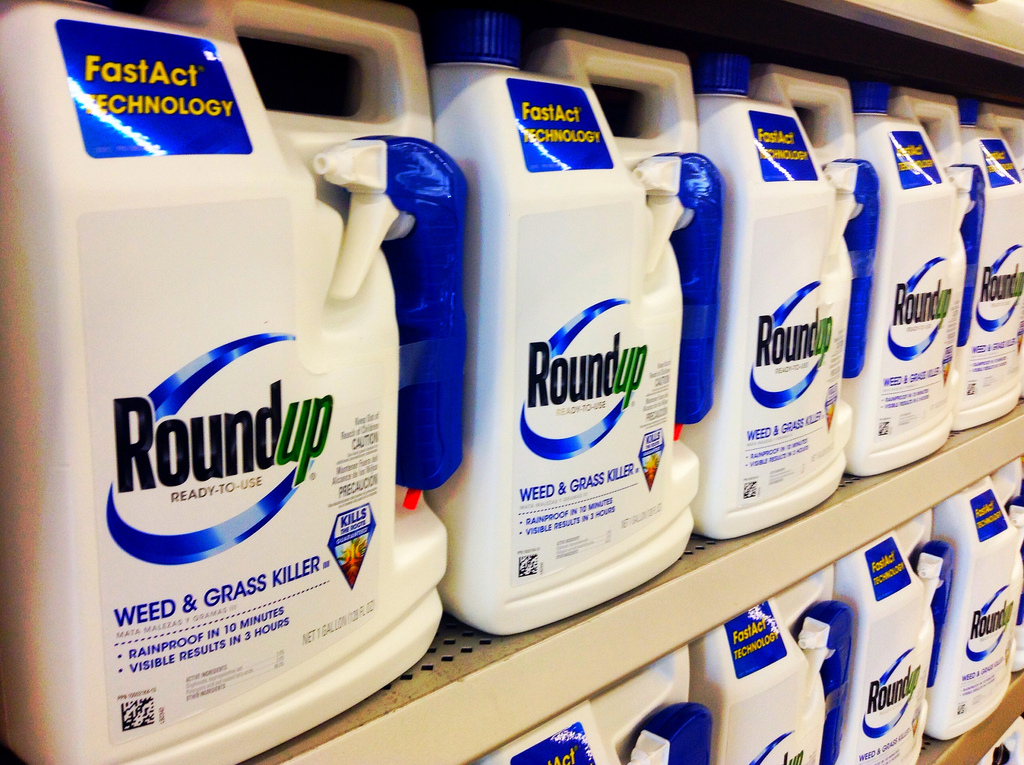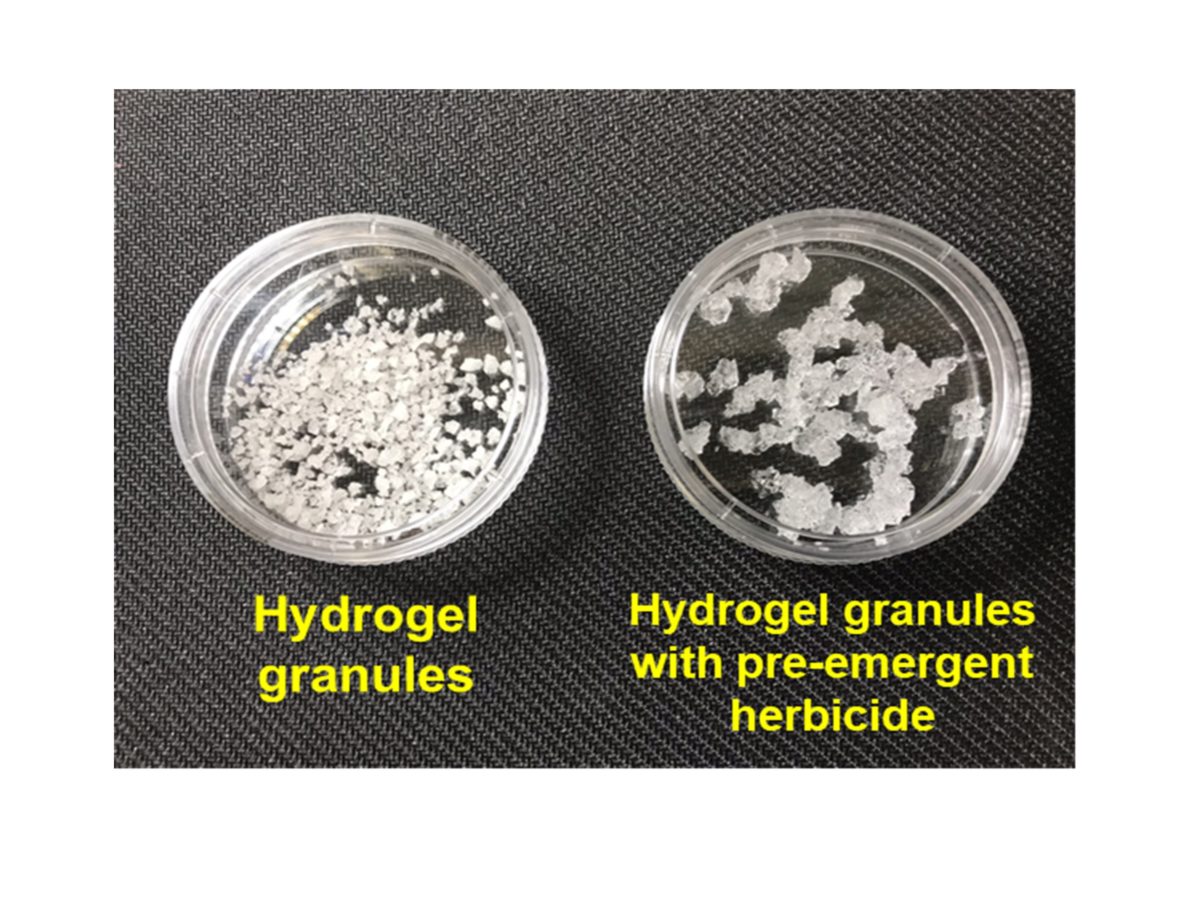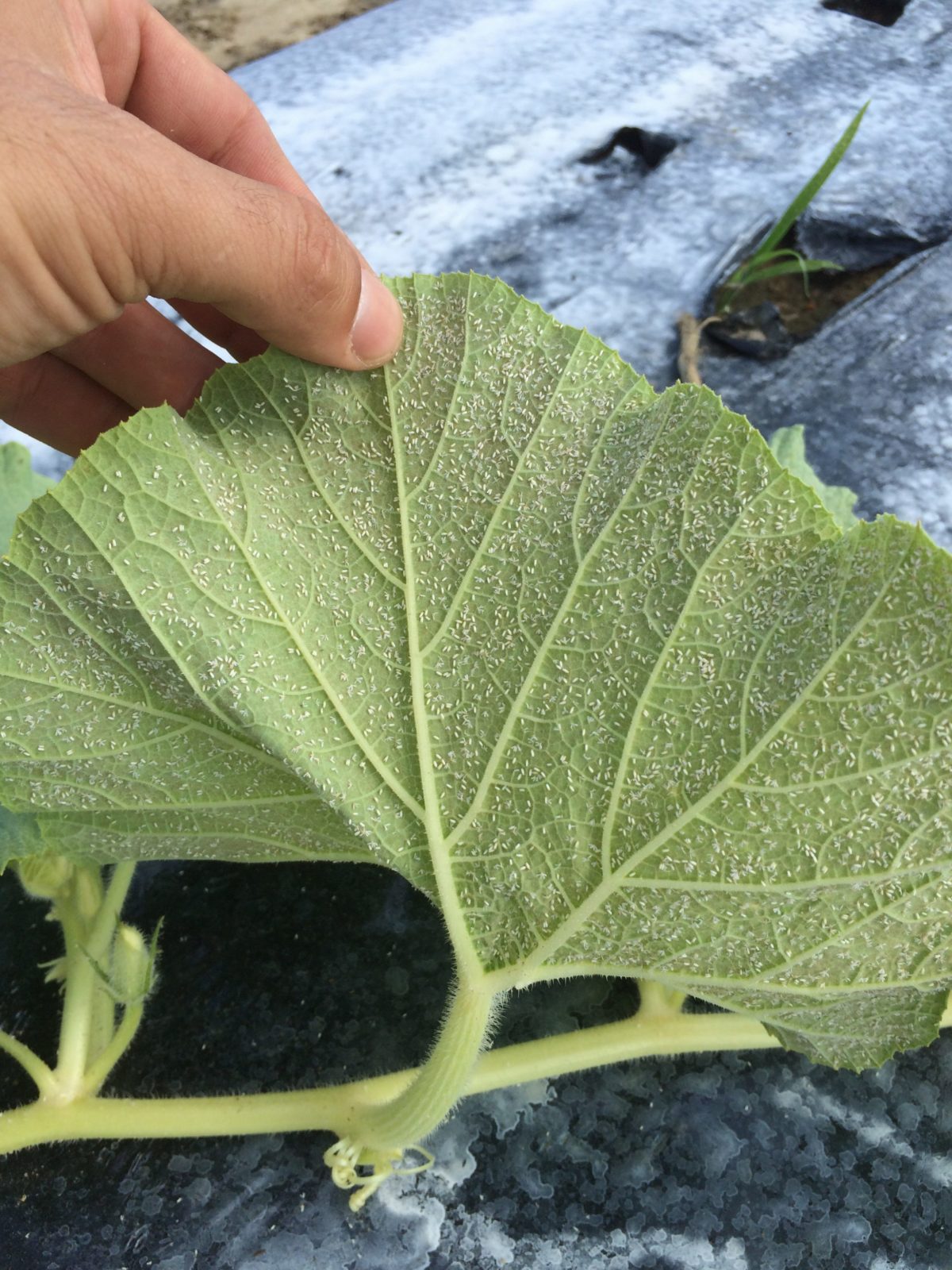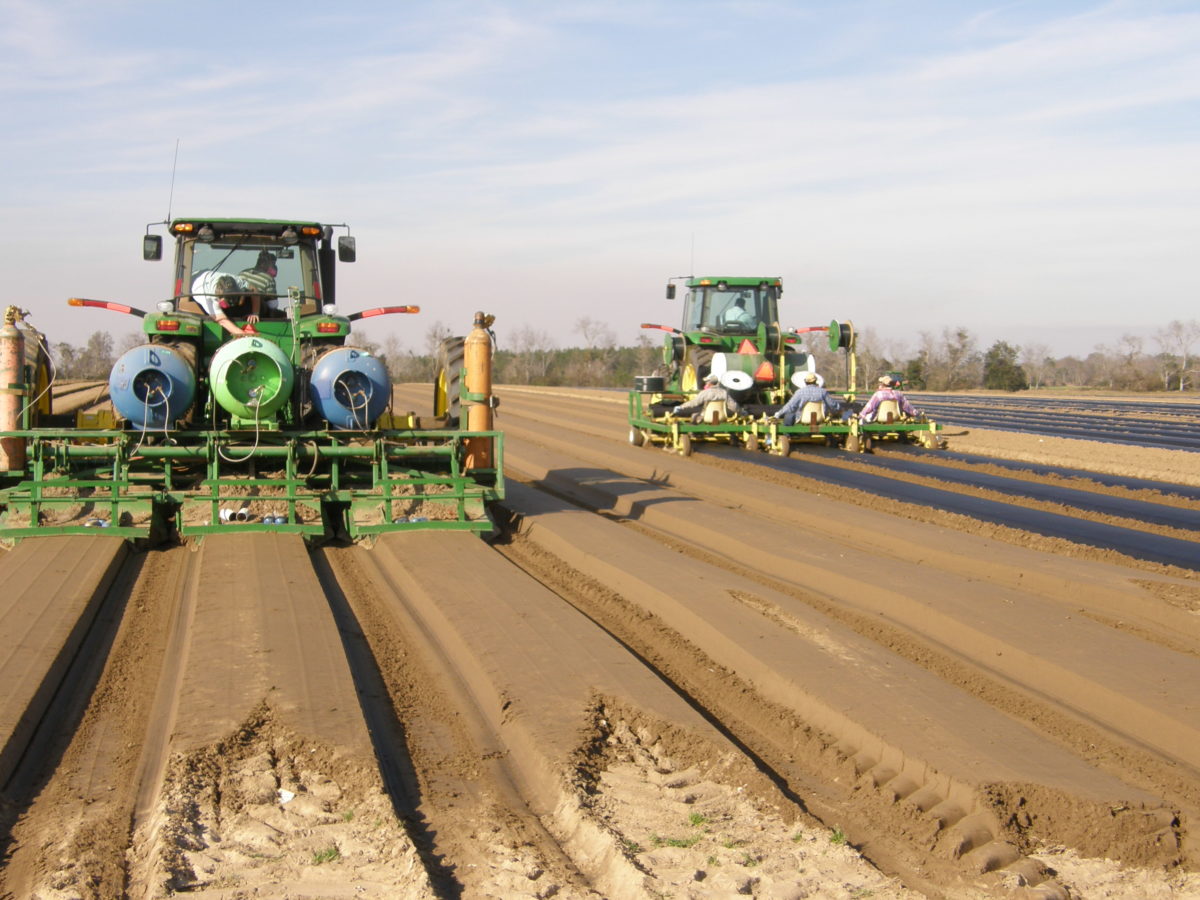By Karla Arboleda Inter-regional Research Project 4 (IR-4) researchers at the University of Florida (UF) recently helped to approve an herbicide for stevia. Janine Spies, the IR-4 southern region field coordinator at UF, focuses on collecting residue data in field trials for various specialty crops. In collaboration with researchers located in 13 states as north as Virginia, as west as …
Herbicide Recommendations for Pepper Production
By Nathan Boyd Weed management can be a significant issue for many farms that grow peppers using a plasticulture production system. Nutsedge species can penetrate plastic mulches, and broadleaf weeds and grasses can emerge in the planting holes or in the rows between the raised, mulch-covered beds. Fumigants are an important component of weed management. However, except for metam products, …
Smart Sprayer Technology for Better Weed Control
By Arnold Schumann, Nathan Boyd, Shaun Sharpe and Jialin Yu Most vegetable and strawberry crops in Florida are grown on raised, fumigated soil beds covered with plastic mulch and fertigated with drip tape. Fortunately, the plastic mulch suppresses most weeds that would otherwise grow rapidly and outcompete the crops in Florida’s warm subtropical climate. The open holes that are punched …
Roundup Presents Challenges for Growers
By Alison DeLoach A well-known herbicide for growers, glyphosphate (Roundup), can cause harm to crops if not properly applied. According to Stanly Culpepper, weed scientist with the University of Georgia, when applied too close to planting or when the application rate is too high, Roundup can severely damage a plant. When looking at the labels for Roundup PowerMAX II, there …
Hydrogels as Herbicide Carriers in Vegetable Plasticulture
By Ramdas Kanissery and Camille McAvoy Weed management is a fundamental step in the successful production of vegetable crops in Florida under commercial plasticulture production systems. Soil fumigation was one of the most successful means of reducing weed populations. None of the alternatives to methyl bromide have a broad spectrum of activity against weeds. This necessitates the need for a …
The State of Organic Vegetable Production in Southern Georgia
By Timothy Coolong Southern Georgia is a powerhouse for wholesale fresh-market vegetable production. The vegetable industry in Georgia was valued at over $1 billion in 2015, with more than 170,000 acres in production, according to the University of Georgia’s 2015 Georgia Farm Gate Value Report. SIZE AND SCOPE The vegetable industry in southern Georgia is also extremely diversified, with more …
Selecting Herbicides for Stone Fruit
By Breanna Kendrick With perennial crops such as stone fruits, growers are limited in their weed management options because they can’t choose practices like crop rotation. Therefore, selection of proper herbicides is critical for effective weed control. Peter Dittmar, assistant professor with the Horticultural Sciences Department at the University of Florida Institute of Food and Agricultural Sciences, specializes in weed …
Effective Methyl Bromide Alternatives
By Jenna C. Vance and Stanley Culpepper Effective alternatives to methyl bromide do exist for fruiting vegetable and cucurbit cropping systems in the Southeast; albeit these alternatives are much more complex than in the “golden” methyl bromide days. Growers need to be much smarter and more efficient in their decision-making process, and they need to better understand the factors that …










